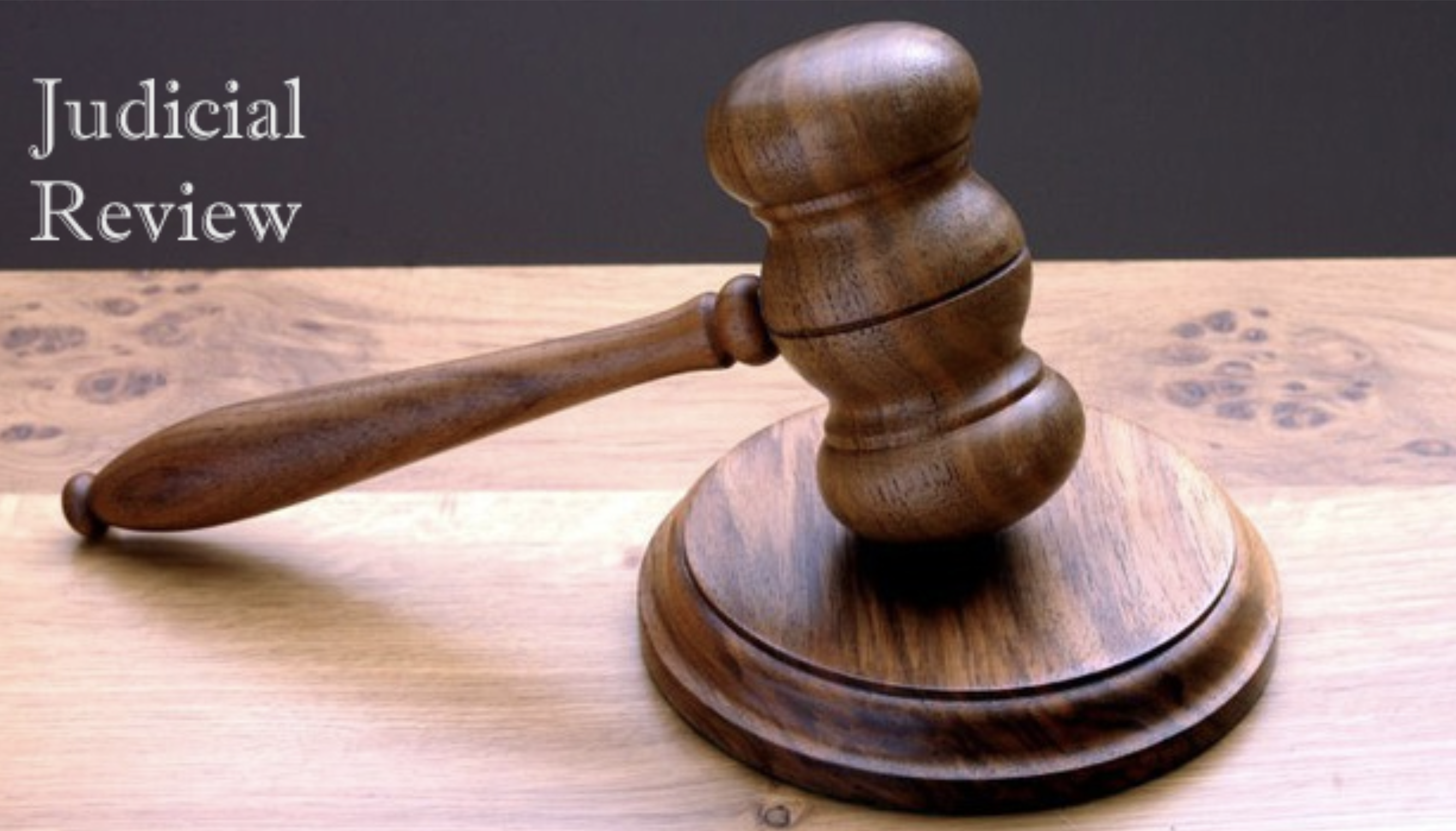Further to our continued series on Judicial Review There is a presumption that the acts of public bodies, such as orders, decisions and byelaws, are lawful and valid until declared otherwise by the court. Although some acts or measures may be described as being 'void ab initio' or as 'nullities', the modern view is that it is for the court to determine both whether an act is unlawful and what the consequences of that finding of unlawfulness should be.
A body which acts without jurisdiction in the narrow or wide sense may also be described as acting outside its powers or ultra vires. If a body arrives at a decision which is within its jurisdiction in the narrow sense, and does not commit any of the errors which go to jurisdiction in the wide sense, the court will not quash its deci- sion on an application for judicial review even if it considers the decision to be wrong.
The courts will then intervene to ensure that the powers of public decision-making bodies are exercised lawfully. Halsbury's Judicial Review 5th Edition (Below) will provide you with an integral understanding of what constitutes a successful review with many case law examples.
.
If you appreciate our work, please click here to make a donation
